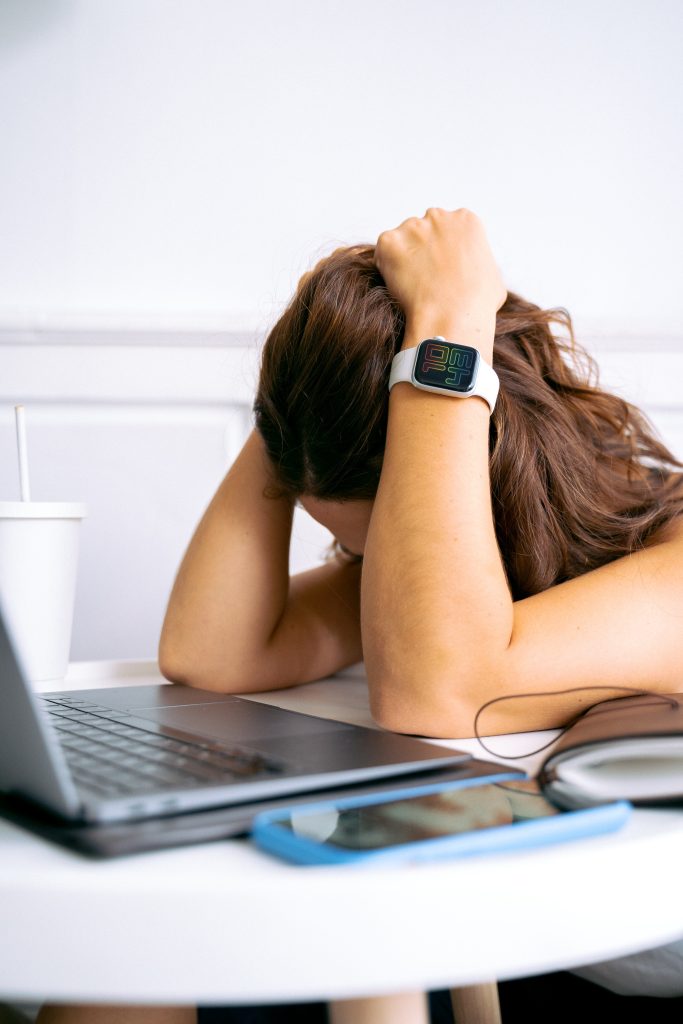Whether we realise it or not at the time, most of us will have suffered burnout. A combination of life’s everyday challenges and the more specific pressures that are put on us at work, burnout is not something to be shrugged off. In fact, burnout can seriously impact our mental health, and with evidence suggesting that 12.7% of all UK sick days are down to mental health conditions it’s time we learned the signs of approaching burnout and take proactive self-care measures.
Feeling helpless, trapped and/or defeated
Symptoms that are usual a sign of depression are often a part of burnout, and that includes feelings of helplessness, despair, and being trapped. Even if you don’t suffer from clinical depression as a rule, periods like this are common in burnout. Thankfully, 36% of workers believe that their employer is more understanding of mental health issues post-COVID than they were before the outbreak, according to People Insight, so if you’re feeling low you should speak to the relevant people.
Having a cynical/negative outlook
Another symptom commonly associated with depression, the adoption of a cynical or negative worldview can be hard to shake without a real focus on turning around your health and wellbeing. Thankfully, the negative impact of work on mental wellbeing has dropped to 27% from 36% in 2019, and 46% of employees say that their employees wellbeing services have improved in recent years to match their needs (again, according to People Insight).
Feeling less motivated and procrastinating more
Possibly the best known sign of burnout, being less productive and procrastinating more is obviously going to impact you at work and may well lead to the mental health issues we’ve already talked about. It can be a hard cycle to break out of, but one that employers are starting to take positive action against, with a wellbeing census by Bupa showing that 27% of those with a strong, standalone, health and wellbeing strategy recording improved productivity.
Feeling tired, drained, and stressed
In the grip of burnout, it won’t matter how much regular sleep you get, or how much caffeine you drink, you’ll likely always feel tired and drained and stressed. It’s likely that not even a standard weekend will help, and you’ll really need to concentrate on enriching activities, exercise, and even more sleep to get back to feeling like yourself. You should also speak to your employer. Thankfully, Bupa’s study shows an encouraging 76% of employers are recognising the impact of stress and are addressing it.
Physical symptoms
Did you know that the symptoms of burnout aren’t just mental, they’re physical too? If you’re suffering from frequent headaches, stomach aches or cramps, bowel and digestive issues (like IBS and others), or changes in your appetite, then you could be in the midst of burnout, especially if you’ve noticed some of the other symptoms creeping in too.
Burnout is a real condition that has a very real effect on lives. It’s not to be taken lightly by employers or employees. If you think you’ve spotted the sings of burnout in yourself or someone else, then it’s good to talk and see what measures can be put in place to get back on top form.
Always look after yourself.
